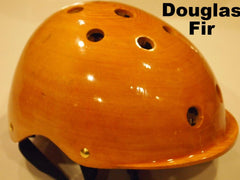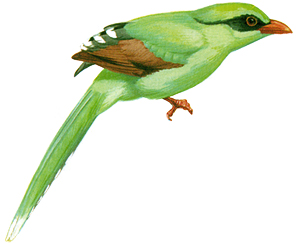CDW has published a Data Loss Straw Poll with the headline “One in four organizations has experienced a data loss in the last two years.”
CDW’s Data Loss Straw Poll surveyed 654 IT professionals from business, financial services, healthcare and higher education about data loss and what’s still keeping them up at night.
That is a typically low sample. As I have explained in my RSA presentations since 2009, sample size really does matter. There are nearly 6 million companies in America. Are we confident to extrapolate from these 654 people?
They also make a strange assumption that IT managers actually sleep at night. I thought the whole idea of alerts and mobile devices was to prevent anyone in IT from ever sleeping again. CDW’s report centers around the obvious connection between a device that is always with you, delivering bad news, and a resulting anxiety that makes it difficult to relax or rest.
DATA LOSS = SLEEP LOSS […] MOBILITY TRIGGERS SLEEPLESS NIGHTS
I think it’s more accurate to say change triggers sleepless nights. Mobility is not new, but the changes in mobility that has been driven by consumers keeps IT from settling down. CDW also tries to make a statement of who is less tired, but I don’t buy this analysis at all:
Financial services organizations can sleep more soundly than their colleagues in other markets
I could make the argument, for example, that those sleeping more soundly have their phones turned off, or have their alerts disabled, or are simply unable to detect issues in real-time — they wake up rested and only then discover data loss. So there’s a false dichotomy of sleep versus security. You might actually be more secure when you are losing sleep…SLEEP LOSS = SAFETY?
In my 2010 presentation at RSA I used the Siege of Yodfat in 67 CE as an example of this exact issue.

The sentries slept at a particular time. An insider leaked that information to the Roman armies and enabled them to finally breach an impenetrable perimeter. In other words, they slept soundly because they thought they were safe enough to rest, which actually in itself created a weakness. The flip side of this argument is sustainability. Sleep loss is a resource management issue and begs the question of reserves, offsets (e.g. Basel II), etc. but rather than get into the deeper economics and history of managing loss here (I do that in my presentations) I just wanted to point out that the CDW report needs further analysis.


